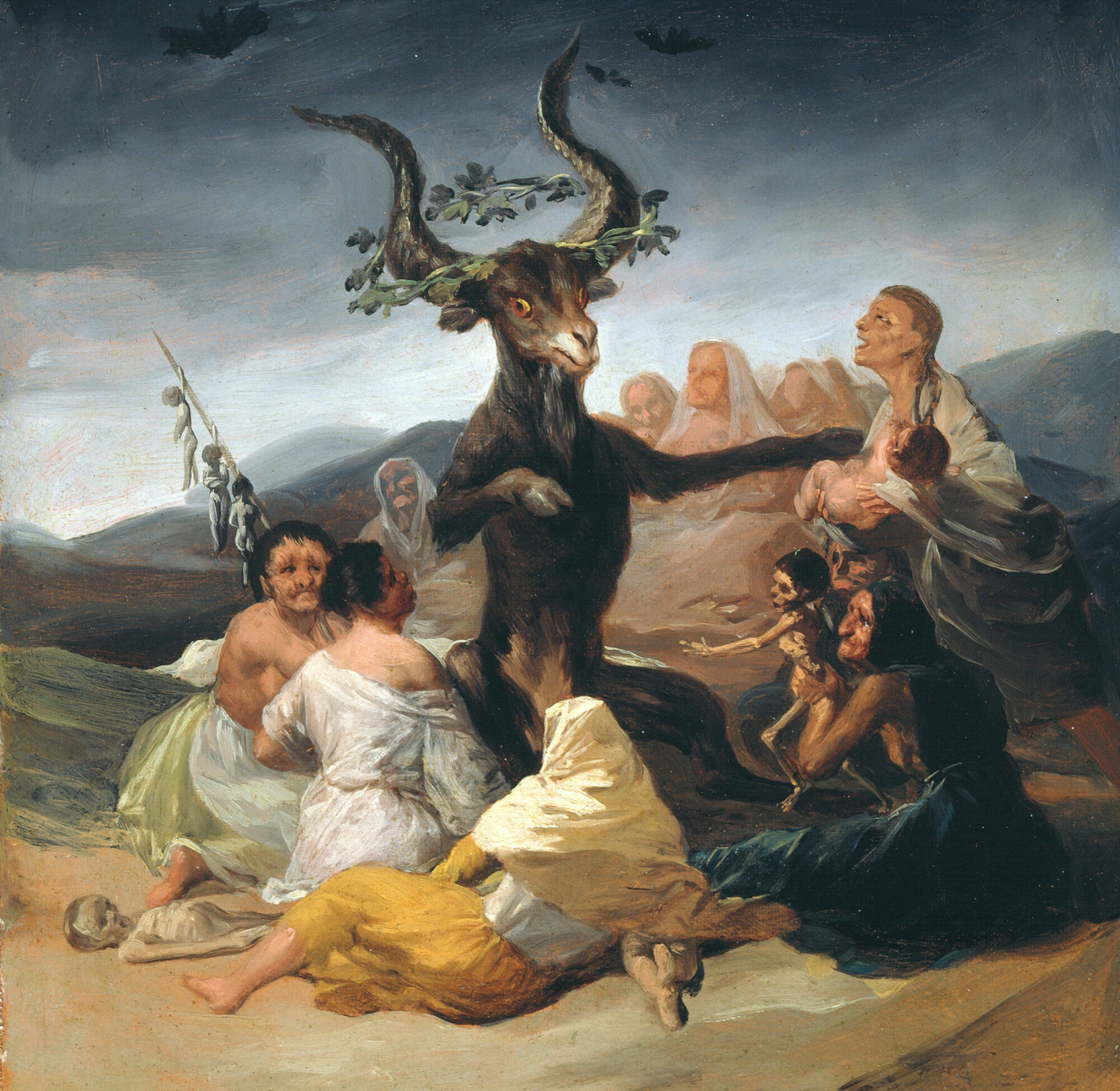The below questions are drawn from our discussion of how to explore the trial records of those accused of witchcraft in early modern Europe. We’ll use these questions to guide our analysis of such readings on February 3rd, February 17th, and March 17th (date may change).
As you’re reading through the trial records, keep these questions in mind. We will explore answers to them first in our small discussion groups and then as a whole class.
Context
- What can we learn about the social, political, religious, economic context of the region in which these trials took place? How do these influence the content of these trials? (The secondary sources we are reading first for these regions can help us determine some answers to these questions).
- What trial procedure was followed in this region? Does it seem to have an impact on the development of this trial or series of trials?
Mechanics of Trial Procedure
- What interrogation methods are being used in these trials?
- What forms of evidence or proof are used?
- What is the witchcraft narrative that is constructed in the a) witness testimony b) confession (if there is one) of the accused? In other words, what is the story of the accused as they were introduced to witchcraft and began to engage in witch-like activities?
- Who are the witnesses? Can we tell their relationship to the accused? How many witnesses are there?
- How many interrogations of the accused took place? Was torture used? What kind? Did the accused’s testimony change before and after torture? If so, how?
- What is the outcome?
Thinking Across Witch Trial Records
- Can we see any patterns across those accused of witchcraft? Are they similar to one another in terms of gender, socio-economic status, religion, age, role in society? Are there disjunctures?
- Are there commonalities in the types of witch-like activities they are accused of doing? What are they? Compare these accusations to witch trials we’ve read from other places? What commonalities do we see? What about distinctions? Are there accusations that seem distinct to specific people or this specific region?
- What evidence do we have of the gendered nature of witchcraft accusations in these trials? Are there specific aspects that point to actions that are defined by gender? What can we learn about gender and perhaps sexuality in these trial records? Compare these to other areas we’re examining.
Interpretations by Historians
- Do your interpretations of these trial records fit with those of the scholars we’ve read? If not, how are they different? Are there other questions you think these scholars should have asked?
